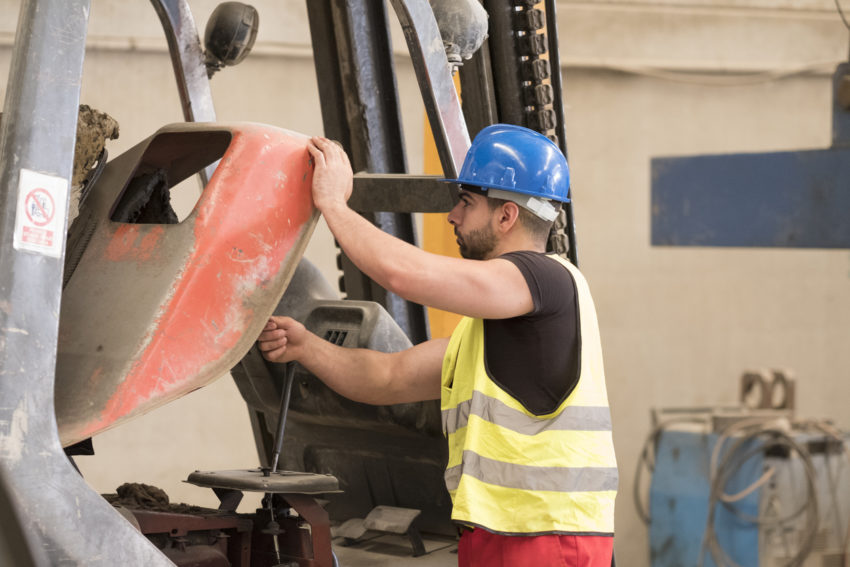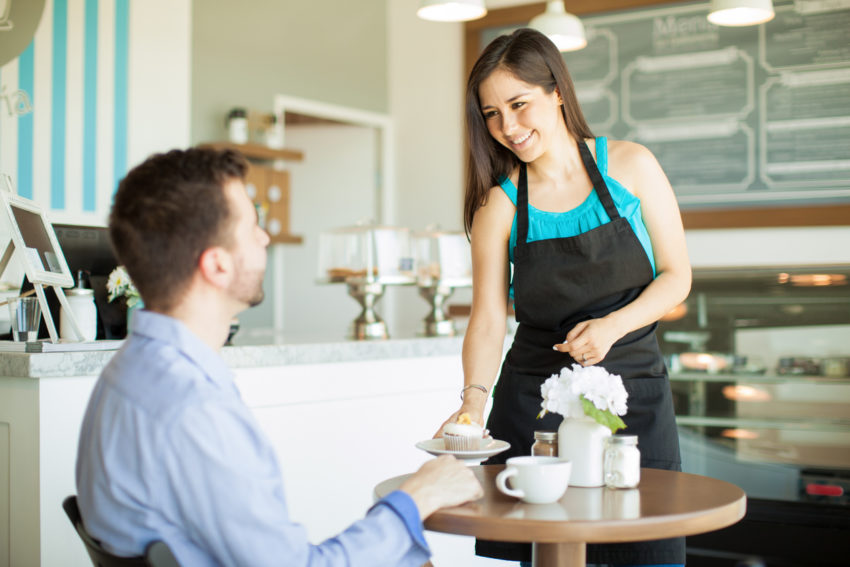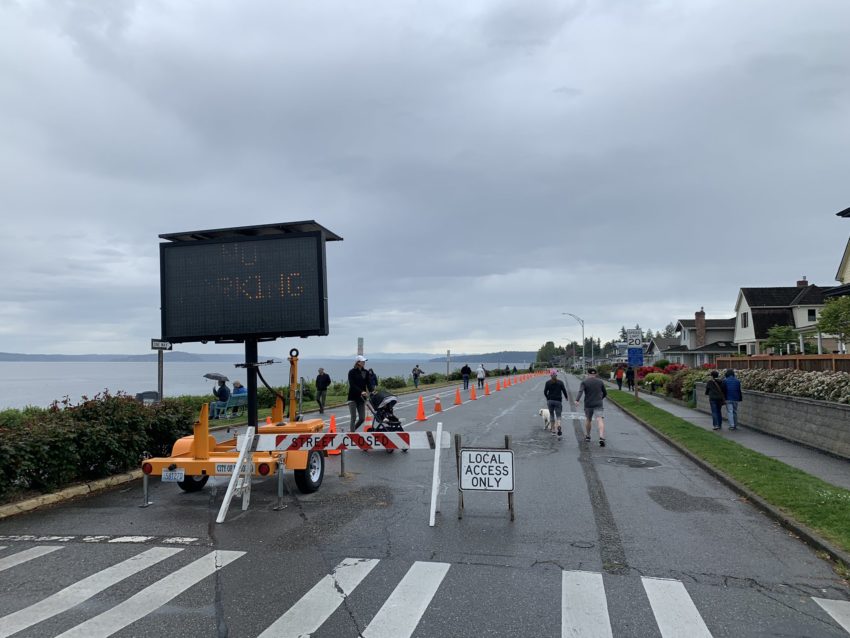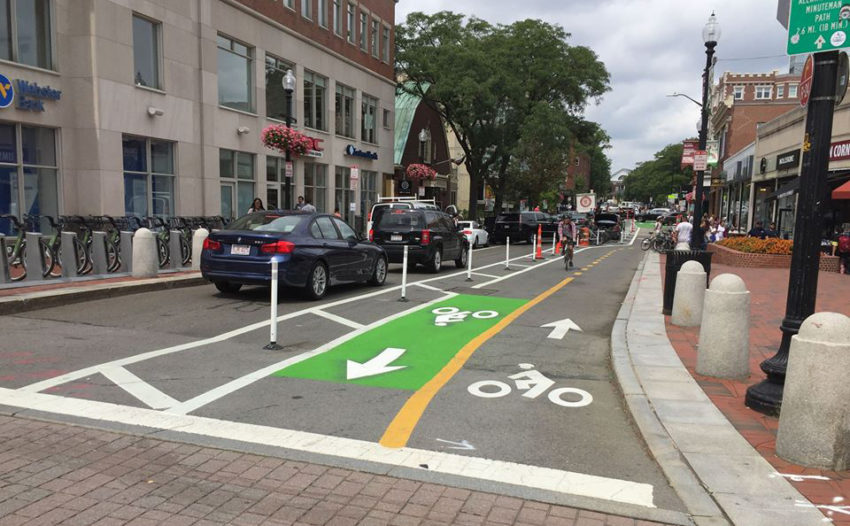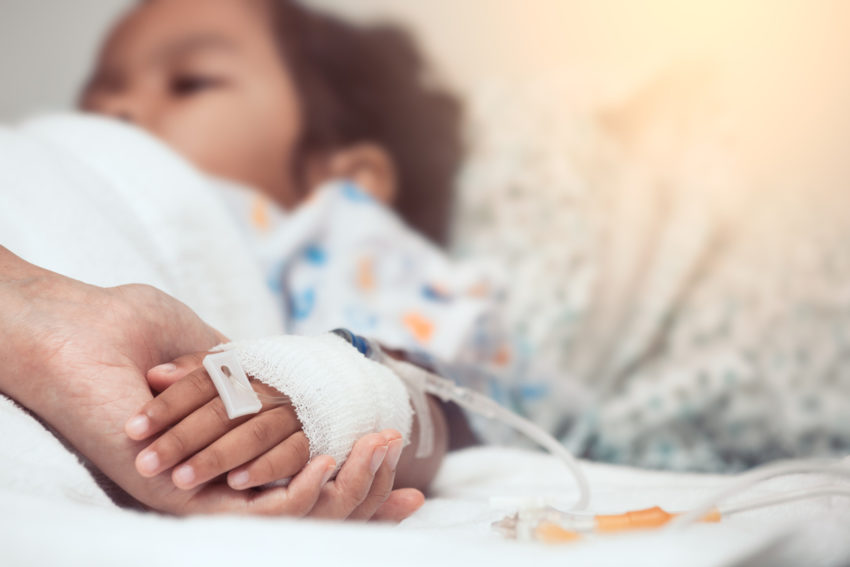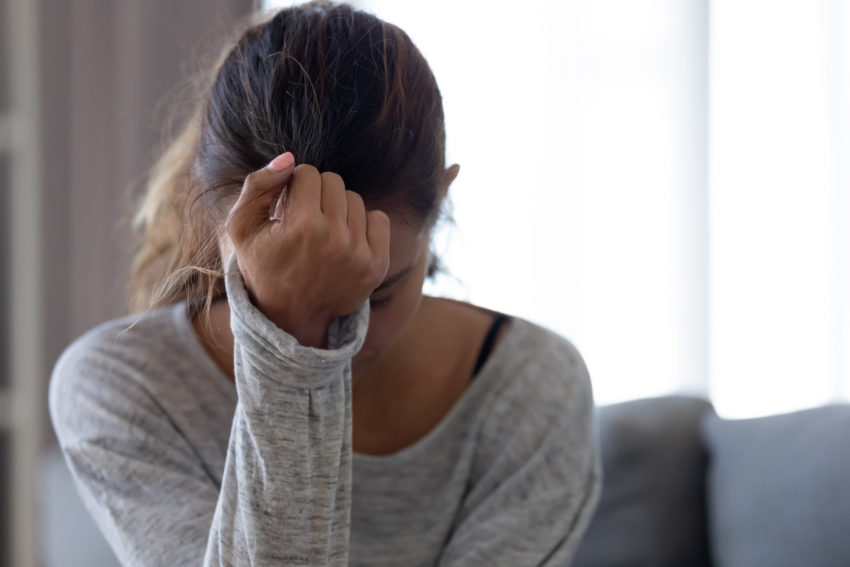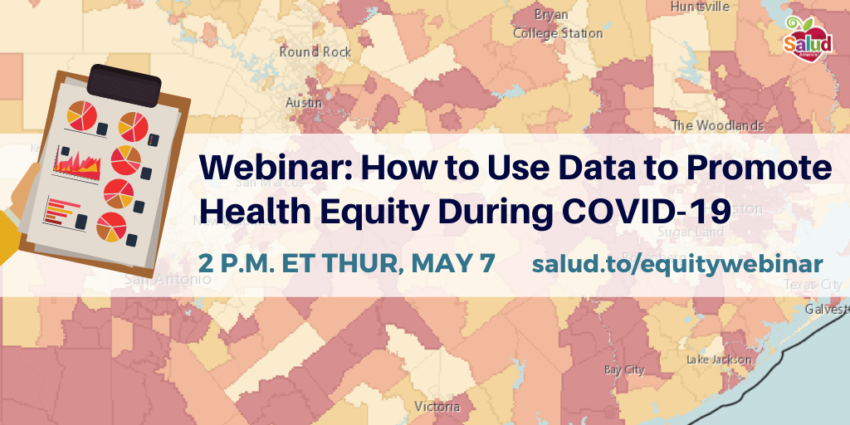#SaludTues Tweetchat 5/26: How to Equitably Share Streeets During COVID-19
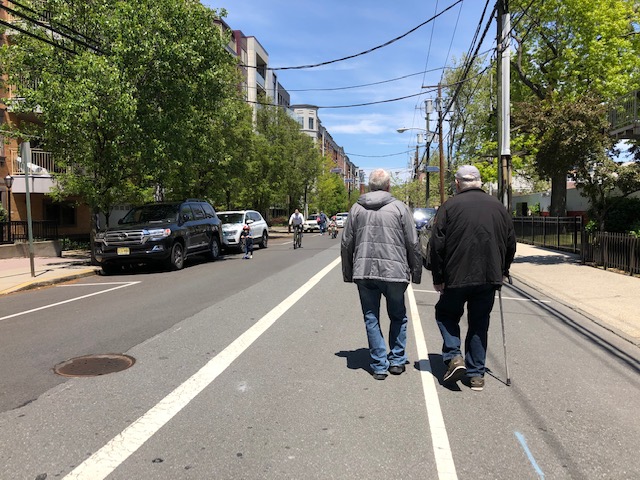
Medical and public health experts agree that being active outside is crucial to maintaining physical and mental health. However, overcrowding in parks, sidewalks, and on trails can become a serious issue during COVID-19. Pedestrian safety is also a serious issue because although vehicle travel is down, crashes and fatalities are up. Cities across the world are responding by temporarily reallocating street space for people walking, biking, rolling, and skating to practice physical distancing from others. Everyone deserves safe places to be physically active and safe routes to get to essential destinations. Let’s use #SaludTues on May 26, 2020, to tweet about the importance of equitably sharing streets during a crisis problem. WHAT: #SaludTues Tweetchat: “How to ...
Read More
